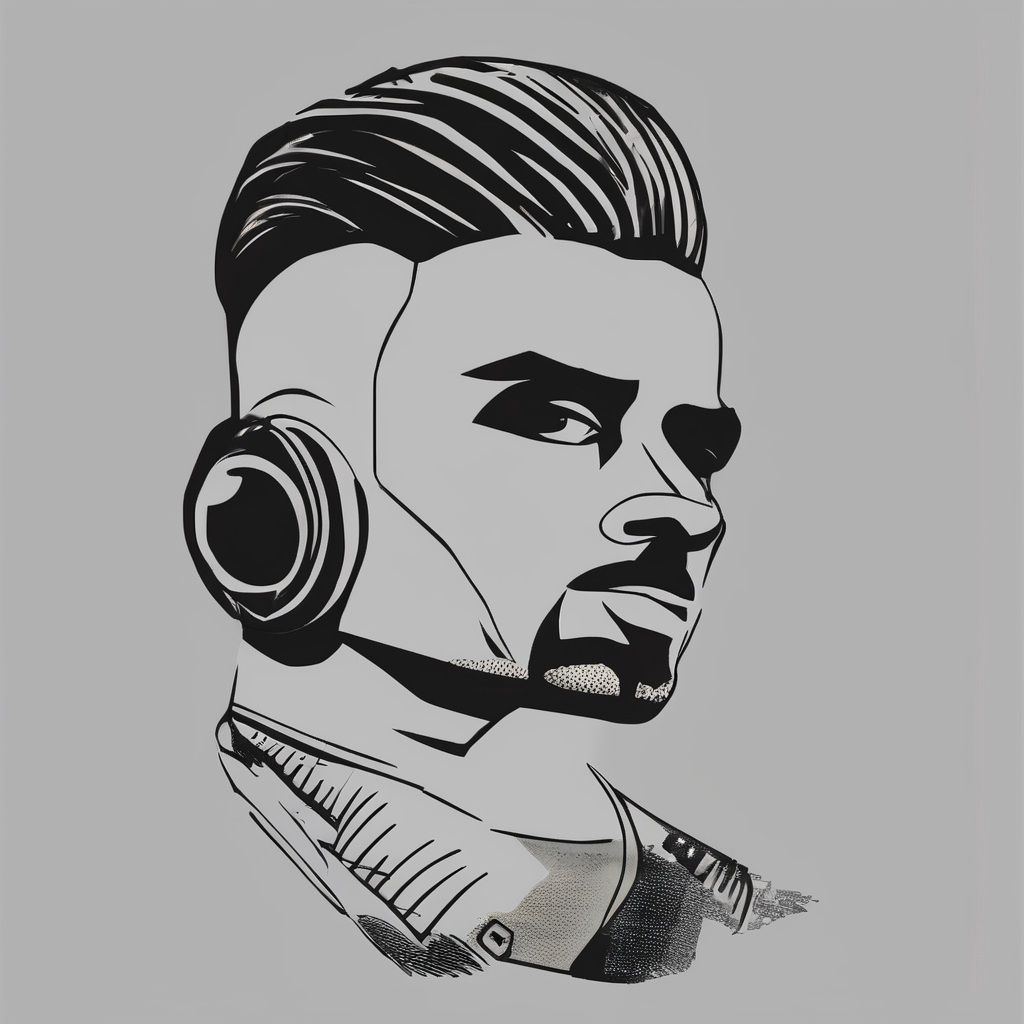Rapid Growth of Tech-Driven Pet Care Solutions
Pet care technology in the UK is experiencing a significant surge, driven primarily by increasing adoption of pet wearables, pet health apps, and tele-veterinary service platforms. These technologies empower pet owners to monitor their pets’ health continuously and receive timely medical advice, enhancing overall care quality.
Pet wearables offer real-time tracking of vital signs such as heart rate, activity level, and sleep patterns. By using these devices, owners can detect early symptoms of illness or stress, making preventive interventions more effective. Similarly, pet health apps consolidate data from wearables and manual inputs, giving a holistic view of a pet’s well-being. These apps often feature reminders for vaccinations, medication schedules, and dietary recommendations, which helps maintain consistent health management.
Also read : How can you find the best UK pet insurance plan?
Tele-vet services have also expanded sharply in the UK market. By enabling remote consultations, these services improve accessibility for pet owners who may face geographic or time constraints. This convenience reduces unnecessary clinic visits and supports prompt diagnosis and treatment, especially for non-emergency concerns or follow-up care. Veterinary professionals emphasize that telemedicine complements traditional care and is reshaping how pet health is managed.
Noteworthy UK-based companies are pioneering these innovations. For example, advanced pet health apps integrate AI for personalized health alerts, while some pet wearables specialize in behavioral tracking to aid in training and anxiety reduction. Such developments demonstrate how technology is setting new standards in pet care, ensuring pets receive attentive health monitoring tailored to their individual needs.
Also to read : What Are the Most Surprising Pet Trends in the UK?
Evolving Trends in Pet Nutrition and Diet
Understanding the surge in raw pet food UK and natural pet diets is essential. Pet owners in the UK increasingly favor diets that mirror animals’ ancestral eating habits, perceiving them as healthier and more aligned with natural nutrition. Raw pet food UK options often consist of uncooked meats, bones, and organs, eliminating many additives found in processed foods. This shift responds to concerns about pet allergies, digestive health, and overall vitality.
Sustainability is another driving factor. The rise in sustainable pet nutrition reflects growing awareness about environmental impacts. UK pet owners are seeking food choices that reduce carbon footprints through ethical sourcing and biodegradable packaging. This concern leads to new formulations based on alternative proteins such as insect or plant-based ingredients, which maintain nutritional adequacy while supporting ecological balance.
When selecting raw or natural pet diets, practical considerations include gradual dietary transitions to avoid digestive upset and consultation with veterinarians to ensure balanced nutrient intake. Some recommended UK brands specialize in high-quality, ethically sourced ingredients tailored to pets’ specific needs. These trends in pet food trends UK clearly demonstrate how conscientious feeding practices are shaping the future of pet nutrition, balancing the demands of health, environment, and ethical responsibility.
Rapid Growth of Tech-Driven Pet Care Solutions
Pet care technology UK is rapidly advancing, with widespread adoption of pet wearables, pet health apps, and tele-vet services reshaping how pet owners manage animal health. These tools allow continuous health monitoring, which supports early detection of issues such as abnormal heart rates or activity levels. For example, pet wearables track vital signs and behavior patterns, alerting owners promptly to potential problems. Integration with pet health apps consolidates this data, providing clear health summaries and reminders for vaccinations, medications, and other key care tasks.
Tele-vet services have expanded access to veterinary expertise across the UK, making consultations possible without physical clinic visits. This is particularly valuable for non-emergency situations or follow-up care, enhancing convenience while easing pressure on in-person veterinary resources. Tele-veterinary platforms often pair seamlessly with pet health apps, creating a connected ecosystem that supports timely medical advice and personalized care plans.
Several UK-based innovators exemplify this tech-driven transformation. Some pet health apps utilize AI to analyze health trends and send tailored alerts, while others link behavioral data from wearables to assist in training and anxiety management. These developments highlight how pet care technology UK is becoming indispensable for proactive, convenient, and personalized pet healthcare.
Rapid Growth of Tech-Driven Pet Care Solutions
The pet care technology UK sector is expanding rapidly, largely fueled by widespread adoption of pet wearables, pet health apps, and enhanced tele-vet services. These innovations collectively transform how pet owners manage health and wellness.
Pet wearables in the UK increasingly provide continuous monitoring of vital signs such as heart rate, respiratory rate, and activity levels. This real-time data allows early warning signs of illness or distress to be identified sooner than traditional methods. For instance, changes detected by a wearable can prompt faster veterinary intervention, improving recovery outcomes.
Complementing these devices are sophisticated pet health apps that collect, analyze, and present health metrics. Many apps integrate with wearables to offer comprehensive logs, vaccination reminders, medication schedules, and even dietary tracking. These apps enable pet owners to maintain detailed health records and share accurate information during veterinary visits, ensuring informed diagnoses and personalised care.
Tele-vet services further enhance pet health access by bridging geographic and scheduling gaps. In the UK, tele-vet platforms enable remote consultations for non-emergency concerns, behavioural advice, and follow-ups. This convenience reduces stress for pets and owners alike while optimising veterinary resources. Telemedicine’s rise also reflects an increasing trust among UK pet owners in virtual care’s reliability.
Notably, UK-based innovators are leading these advances. Some develop AI-powered health apps that analyse behavioural patterns to detect anxiety or pain, while others focus on wearables with advanced sensors for nuanced health monitoring. Together, these technologies encourage a proactive approach to pet healthcare, combining convenience, precision, and personalisation in daily management.
Rapid Growth of Tech-Driven Pet Care Solutions
Pet care technology UK has seen remarkable advancement due to the growing integration of pet wearables, pet health apps, and tele-vet services. These technologies offer comprehensive tools for continuous monitoring and management of pet health, transforming traditional care models across the UK.
The increasing adoption of pet wearables enables real-time tracking of vital signs such as heart rate, activity level, and sleep cycles. This data is critical for early detection of health abnormalities, allowing owners and veterinarians to intervene sooner. When combined with pet health apps, wearable devices contribute to maintaining detailed health logs, scheduling vaccinations, medications, and dietary plans. These apps often feature user-friendly interfaces that consolidate wearable data, promoting better health management and veterinary communication.
Moreover, the expansion of tele-vet services is breaking down geographical and logistical barriers to accessing veterinary care. UK pet owners benefit from remote consultations for routine check-ups, behavioral advice, and follow-up treatments, reducing the need for in-person clinic visits. This growth in telemedicine not only enhances pet health accessibility but also alleviates pressures on physical veterinary facilities, ensuring timely and convenient care.
UK-based innovators have been pivotal in driving these advancements. For instance, some developers focus on AI-integrated pet health apps capable of evaluating behavioral patterns and early signs of distress, while others create sophisticated wearables with multi-sensor technology that assess nuanced health parameters. Together, these technologies embody how pet care technology UK is evolving toward a more proactive, personalized, and connected approach to pet wellness.

